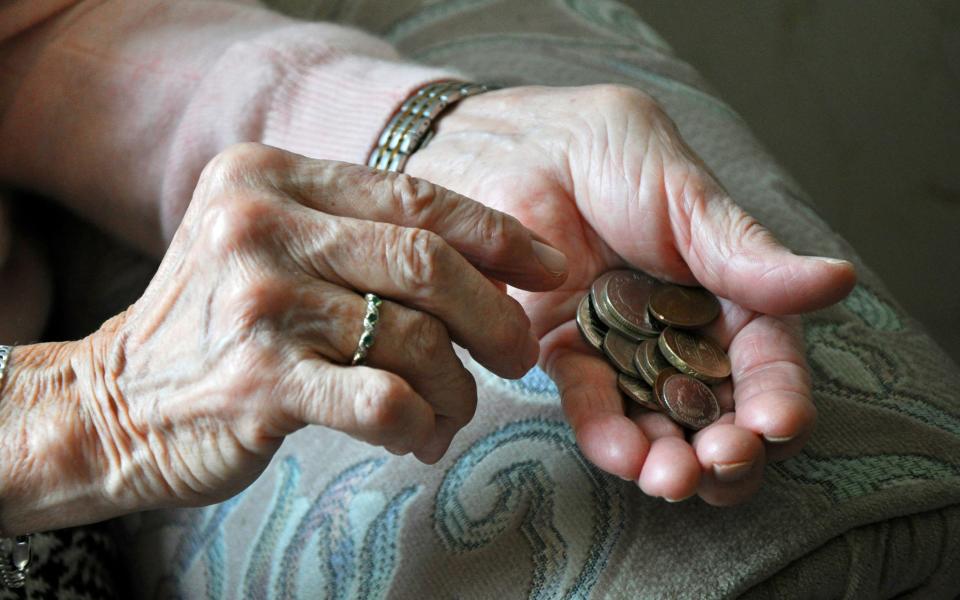More than a million women pushed into poverty off thanks to state pension changes

More than a million women are an average of £32 a week worse off as a result of the government’s changes to the state pension age.
New analysis by a leading independent thinktank found that the decision to increase the pension age for women from 60 to 62 between 2010 and 2016 was saving the government billions but hitting household incomes at the same time.
The research by the Institute for Fiscal Studies (IFS) found that the increased pension age was lifting employment for older women, but that the resulting rise in earnings was only partially making up for the reduced income from the state pension and other benefits.
MORE: State pension age increase will cost 7.6m people in their 30s and 40s £10,000 each
MORE: Govt expected to face ‘serious battle’ pushing though state pension age changes
Some 1.1 million fewer women are receiving a state pension as a result of the change, the IFS found, reducing government spending by £4.2 billion. The government’s coffers received a further boost of £0.9 billion as the changes also led to rising tax revenue with more older women in work.
IFS senior research economist Jonathan Cribb, one of the authors of the report, said that “while increasing the state pension age is a coherent response to the public finance challenge posed by rising longevity, it does place a further pressure on household budgets.”
The research found that because the changes were affecting both poor and rich women by roughly similar amounts, the drop in proportionate income meant poorer households were being hit the hardest.
“The falls in household incomes caused by the reform have pushed income poverty among 60- to 62-year-old women up sharply,” said the IFS analysis, which was funded by the Joseph Rowntree Foundation and the Economic and Social Research Council.
MORE: Chancellor Philip Hammond rakes in £10k a month renting out luxury townhouse
But the thinktank said that there was no evidence of poorer families failing to cope with the reduced income, suggesting they may instead have managed to spread their spending over time.
A Department for Work and Pensions spokesman said: “The decision to equalise and increase the state pension age is both fair and sustainable for future generations and in line with continuing rises in life expectancy.
“Women retiring today can still expect to receive the state pension for over 24.5 years on average — which is more than any generation before them and several years longer than men. By 2030, more than three million women stand to gain an average of £550 extra per year as a result of the new state pension.”

 Yahoo Finance
Yahoo Finance 
